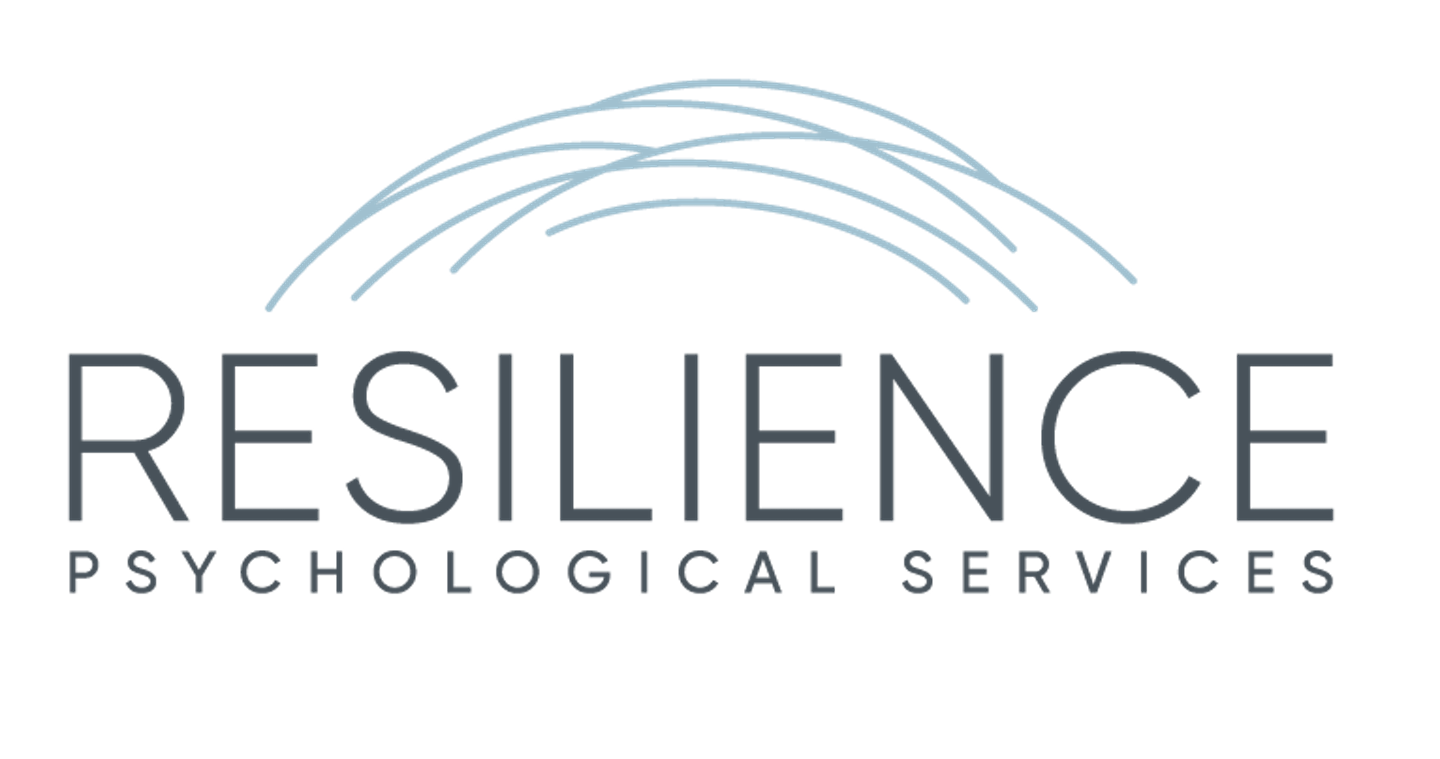Decolonization
Colonialism is the process through which one nation or foreign power takes controls of a country or region, often using force, exploits its people and resources, and sends its own people to live there. Colonialism has left deep scars, distorting cultural identities, histories, and worldviews, particularly for Indigenous, Black, and other communities of color. These impacts persist today, affecting self-worth, cultural connection, and community health. Decolonizing within the therapeutic context seeks to honor the lived experiences of those affected by colonialism, advocating for a healing process that reconnects individuals with their cultural roots, reclaims their identities, and challenges mental health frameworks that reinforce colonial ideals.
Decolonizing therapy is a commitment to recognize, confront, and dismantle the impacts of colonialism on mental health and well-being. This approach goes beyond the traditional therapeutic models rooted in Eurocentric approaches. It embraces diverse cultural practices, values traditional knowledge, and fosters spaces where clients feel seen and empowered in their identities. It is a process of personal and cultural reclamation, validating the interconnectedness of individual healing and cultural survival. Decolonization in therapy encourages individuals to reclaim agency over their mental health and well-being within a culturally relevant framework that values their stories, heritage, and community.
Decolonizing Therapy
In a decolonizing therapy, the therapist and client work collaboratively to unravel the impact of colonial narratives and practices on mental health. This approach considers the cultural, historical, and systemic factors that have shaped individuals’ experiences and identities, rejecting a “one-size-fits-all” model in favor of healing that acknowledges the client’s cultural background and lived experience. It is not just about adapting to existing frameworks; it’s about transforming them to include and uplift cultural and ancestral wisdom.
Being a decolonizing therapist means recognizing the limitations of traditional therapy for many marginalized communities and honoring non-Western healing practices that emphasize community, spirituality, and/ot ancestral knowledge. It’s about moving away from pathologizing practices and, instead, cultivating spaces where clients feel affirmed, reclaiming the right to define mental wellness on their own terms.
Key Principles
Cultural Reclamation: Decolonizing therapy honors and incorporates clients’ cultural identities and values traditional healing practices. It seeks to support individuals in reconnecting with their ancestral roots, language, rituals, and practices as an integral part of their mental health.
Community and Collective Healing: Decolonizing therapy recognizes that healing is a community-centered process. It validates the role of family, community, and collective identities in individual well-being, especially for those from cultures where interdependence is central.
Healing from Intergenerational Trauma: Colonialism has left intergenerational wounds that often manifest in complex ways. Decolonizing therapy helps clients understand and process these traumas, fostering resilience and reparation across generations.
Challenging Eurocentric Norms: Decolonizing therapy challenges the limitations and biases of Western, individualistic mental health models, advocating for holistic approaches that honor spirituality, community bonds, and cultural identity as sources of healing and strength.
How We Can Help
Therapists using this framework center healing that respects your cultural identity, challenges oppressive systems, and fosters self-determination. The goal is to provide a space that honors the richness of your background and experiences, emphasizing healing that includes both individual and collective care. This approach focuses on:
Cultural Empowerment and Identity Reclamation: We support you in reclaiming your cultural and ancestral heritage, empowering you to explore and embrace aspects of identity that may have been marginalized or suppressed by colonial influences.
Collective Healing and Community Engagement: We help you build networks of community support, emphasizing the role of shared histories, values, and practices in fostering resilience and well-being.
Intergenerational Healing: We work together to understand and address the impacts of colonial trauma passed down through generations, fostering resilience and reconciliation within families and communities.
What to Expect
Culturally Inclusive Care: Decolonizing therapists understand the limitations of Western therapy and seek to integrate culturally relevant practices that honor clients’ unique perspectives and histories.
Non-Pathologizing Support: Decolonizing therapy avoids labeling or pathologizing clients’ experiences through a Western lens. Instead, it creates space for clients to define their own values, goals, and definitions of mental wellness.
Advocacy and Education: Decolonizing therapists often engage in advocacy work to challenge systemic inequities, educate communities, and promote healing as a means of cultural reclamation and empowerment.
Decolonizing therapy confronts the legacies of colonialism, offering a space for clients to reclaim their identities and heal from systemic harms. This approach prioritizes autonomy, collective well-being, and cultural connection, helping individuals find peace, resilience, and strength within their heritage and histories.
Whether you're working through intergenerational trauma, reclaiming cultural identity, or seeking a space that honors your lived experiences, we're here to support you. Reach out today to learn more about our decolonizing approach to therapy, where cultural empowerment and self-determination are central to your path toward well-being.

